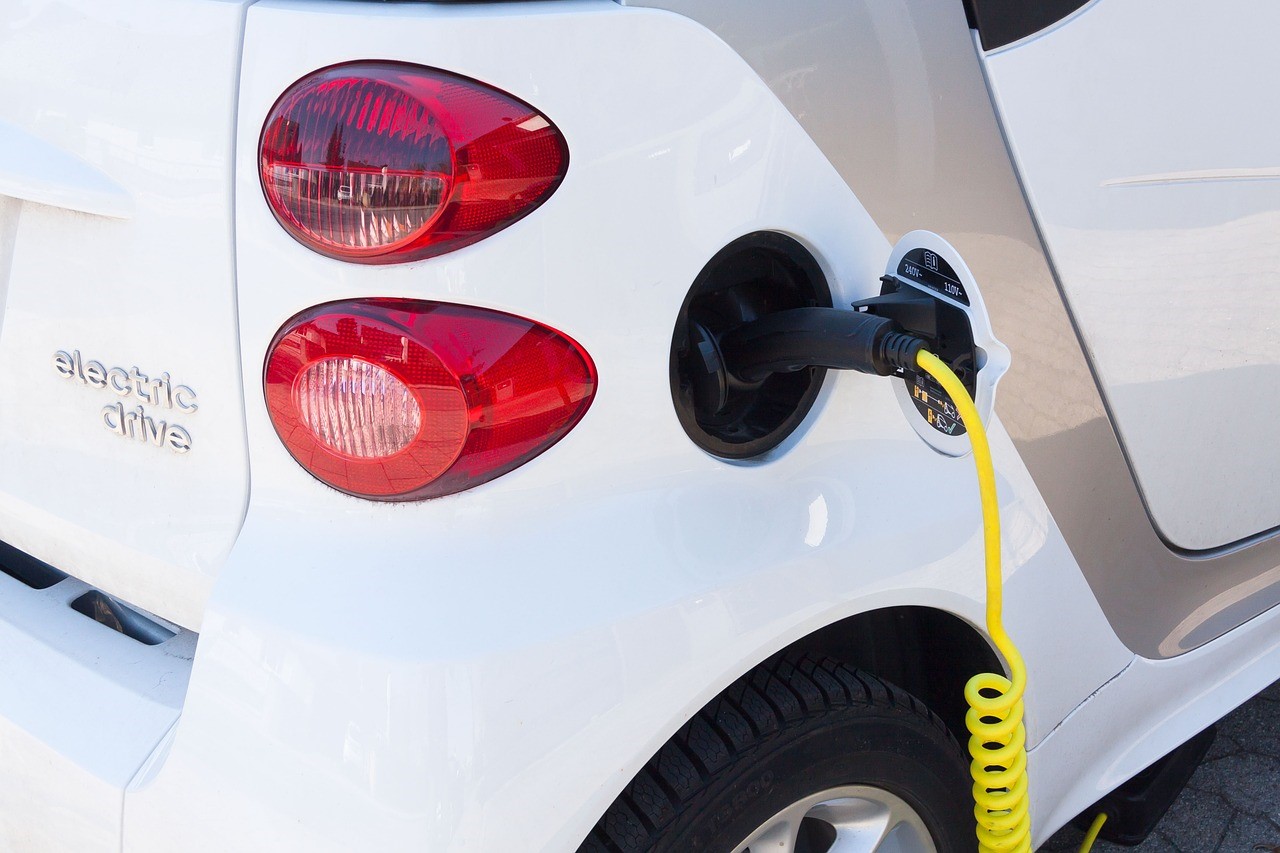Experienced Investor
Three reasons to consider investing in electric cars

The electric vehicle (EV) market has made measured progress in the UK over the past ten years. However, the sector is at a turning point, and that growth will rapidly accelerate during the years to come.
We believe there are three core drivers powering the momentum of the EV market. First, technology companies, which have traditionally had very little to do with automobile markets, are now entering the EV market. This is sparking new competitive dynamics within the sector and speeding up research and development.
Furthermore, large technology firms see an opportunity to apply their data and software capabilities, while Chinese companies are looking to leapfrog internal combustion engine vehicles altogether, and move straight into EV development. In 2017, EV and hybrids sales in China numbered nearly 800,000, an increase of 53% over 2016. Additionally, traditional car manufacturers focused on the internal combustion engine are wary of losing market share in the medium to long term, and are responding by rolling out new electric and hybrid models more quickly and aggressively.
Second, governments around the world are keenly aware of air pollution worries and are bringing in specific legislation, in many cases setting targets for cutting urban pollution by stringent deadlines. The medical journal The Lancet reported that in 2015, 6.4 million deaths worldwide were linked to air pollution, with 50,000 of these occurring in the UK. Air pollution is a big public health issue, and the VW emissions scandal, which was hugely damaging to public trust and its perception of traditional car manufacturers, has only added fuel to the fire.
Finally, there has been a profound shift in sentiment among consumers towards EVs. Many are now displaying a readiness to buy an EV over a traditional car. These relatively ‘early adopters’ act as enthusiastic advocates for the market, offering a clear indication that concerns over charging infrastructure and mileage are beginning to break. Many customers are willing to pay a premium for electric cars.
Investment opportunities
In our view, battery development will greatly improve EV market share. However, many battery manufacturers face several challenges that can act as a drag on their financial performance. Therefore, we avoid conceptual products that are not yet ready for the market. We also avoid specific car brands, because we believe that there is greater value to be found further down the supply chain, specifically in the manufacturers of the essential components needed in electric vehicles.
An example of this is transducers, which are a used in the battery’s external electronic systems. They allow a vehicle to control its power management, as well as being useful in other energy efficiency applications, such as controlling the flow of power through the drivetrain. As the complexity of these and other systems in EVs increases, so does the need for semiconductors, which are another significant investment opportunity.
Beyond electrification and into automation
EVs are established as next decade’s story. Beyond this, the next step may be self-driving cars. The concept is attractive, because it has the potential to bring widespread benefits that have an impact beyond the vehicle owner. These could include a reduction in car accidents, or a reduction in vehicle production overall, due to an increase in the deployment efficiency of entire fleets. However, as the recent accident in Arizona involving a self-driving vehicle that led to the death of a pedestrian shows, there are many technological and regulatory issues that need to be tackled.
Potential roadblocks
While the potential for the EV market is extremely attractive, we can see two areas that could slow down progress. The first of these is replacing lost tax revenue. Governments face a substantial loss of revenue from fuel taxes as EV take-up increases, and it is not clear how they will replace this.
The second issue is battery residual value. Currently, owners can expect to recoup about 40% of a traditional vehicle’s value on the second-hand market, after three years. With EVs, this is currently about 30% after a three-year lease. Despite batteries becoming cheaper, they will remain a significant cost of an EV. Future development of the market for used batteries is a key unknown in the future economics of EVs, and an important factor in the rate of adoption.
An electric future
The combination of swiftly improving technology, the eagerness for developing economies to lead, public health concerns pressuring governments to tighten air quality regulations, and changes in consumer preference, is leading to significant growth in the EV market. The investment opportunity is global in scope, and decades-long in outlook.
Jon Forster is co-manager of Impax Environmental Markets plc